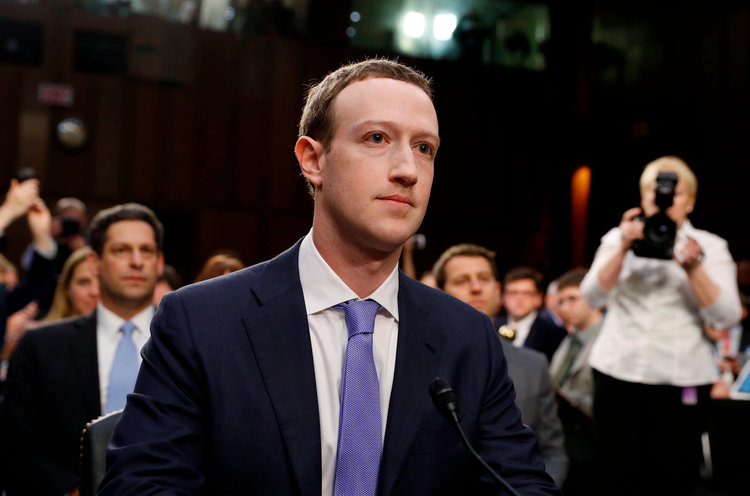Facebook On Trial
It seems that even after over a year and a half since Donald Trump was announced as the winner of the 2016 presidential election, the controversies surrounding the victory haven’t seemed to let up. And Russian hacking and collusion hasn’t been the only way data has been stolen from the American people or their political parties, sometimes it’s as easy to get as logging into Facebook. And that has been the issue that’s been gripping US for the past couple of months in light of the issues that Facebook has been embroiled in regarding the use of user data.
The name “Cambridge Analytica” has been one that’s been thrown left and right in the same breath as Facebook any time the election or personal data is concerned, and for good reason. By now, most people are relatively aware of how the London-based, data collection agency Cambridge Analytica was able to gain access from over 50 million users through Facebook and how they used that data to influence the 2016 election in Trump’s favor, or so their former CEO Alexander Nix has claimed. Their cooperation with Trump’s son-in-law Jared Kushner, as well as several other campaign adviser, has been open, leaving little to the imagination of the extent of their relationship over the course of the campaign. This much has been open to the public for some time. However, this data breach goes beyond just Cambridge Analytica’s involvement in the campaign, this is indisputably a massive story by itself. But the question that has been on people’s mind has been this: how did Cambridge obtain this level of data on users simply through Facebook?
Congress wondered the same thing, which is why they summoned Facebook CEO Mark Zuckerberg to explain the reasoning behind these breaches and just how aware he was of Cambridge Analytica’s work. It’s no secret to anyone with a smartphone that Facebook and other social media platforms have an integral relationship with other apps that you may have downloaded or use frequently. There is usually an option to share anything from a photo to high scores in mobile games to Facebook. The third party apps like these with a relationship to Facebook are countless, allowing groups like Cambridge Analytica to slip under the radar and pull data from sources that can be difficult to trace, but regardless, the hub of the data is Facebook. In Zuckerberg’s testimony, in response to a question about how Facebook will be regulating the extent of data available to these third party apps, he replied by saying “it would be very difficult” to carry out requiring thousands of hours for the thousands of apps attached to the platforms. “It’s a complicated issue that requires more than a one word answer,” Zuckerberg responded when asked a yes or no question by NJ Representative Frank Pallone about whether Zuckerberg would decrease the amount of default data that can be taken from users. So in short, “we’ll see.”
When people weren’t being distracted by Zuckerberg’s robotic and forced attempts of composure, Zuckerberg’s got worse by the day, with his obvious dodges in his replies to certain questions. Some of my favorites were his responses to questions like “Is Facebook a media company, yes or no?” to which he replied “I think we’re a technology company,” or his constant references to how his in-no-way-dubious data collecting is only used to target you for advertisements, and not to make you part of a slimy statistic gathering scheme. In the same breath of asking Zuckerberg whether he plans to sue the company responsible for harvesting his data, he couldn’t even answer that with a straight answer, responding with a “we’re thinking about looking into it.”
All of this combined does not help Facebook’s image in the slightest. With their stock having plummeted and more and more big names like Elon Musk advocating for its boycott, it’s only a matter of time before the media empire Facebook, begins to drop noticeably.
